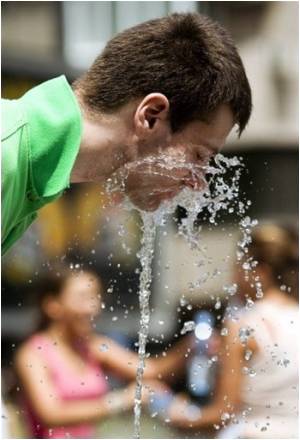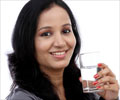Do you really need to drink eight glasses of water per day to avoid being dehydrated. Or is it true that one can't get dehydrated in winters?

The drinksmaker device has come up with certain facts about human body that needs attention, reports femalefirst.co.uk.
Myth: Everyone should drink eight glasses of water a day.
Although it's nice to drink more but the truth is that not everyone requires eight glasses of water a day to maintain adequate hydration. The amount of fluids that each person needs varies and is based on activity level, gender and body size.
Other sources of fluids that contribute to hydration include carbonated drinks, juice, milk, coffee, tea, fruits, vegetables and other foods with higher water content.
Myth: Only water really hydrates you.
Myth: You can't really get dehydrated in the winter.
Myth: Thirst is a good indicator that I need to drink.
Many people can use thirst as an indicator to rehydrate, but that may not always be reliable. As many of us know, thirst signals are easily ignored when it's inconvenient to drink, and we do this regularly, so it's tough to rely on thirst as a signal to drink. In addition, physical activity, high temperatures, stress and fatigue may increase water loss making it necessary to consume more than you usually need.
Source-IANS
 MEDINDIA
MEDINDIA




 Email
Email









